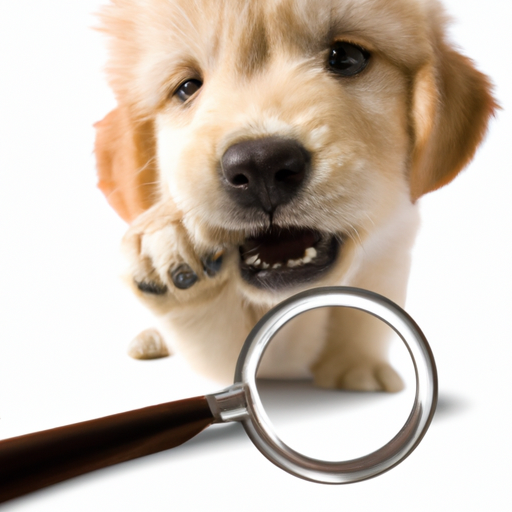Introduction
As a caregiver to a puppy, it’s essential to understand every phase of their life – including when they lose their teeth. Just like humans, puppies also go through the process of losing their baby teeth and growing adult ones. But when exactly does this happen and what should you expect? This guide will delve into the intricacies of your puppy’s dental development.
Understanding Puppy Teeth
Puppies are born toothless but they quickly grow their set of baby teeth, also known as deciduous teeth. By the time they are 3 to 4 weeks old, their 28 baby teeth should have erupted. These include:
- 12 incisors
- 4 canines
- 12 premolars
This set of teeth helps your puppy eat and learn how to bite appropriately.
When Do Puppies Start Losing Teeth
Most puppies start losing their baby teeth around the age of 3 to 4 months. However, this may vary slightly depending on the breed and size of the dog. Small breed puppies tend to lose their teeth earlier than large breed puppies.
The Process of Losing Teeth
Here is a general timeline of when puppies lose their teeth:
- 3-4 months: Baby incisors begin to fall out
- 4-5 months: Baby canines and premolars begin to fall out
- 5-6 months: All baby teeth should have fallen out
During this time, you may notice loose teeth or find small teeth around the house. Do not be alarmed, this is part of the natural process.
How to Care for Your Teething Puppy
Teething can be a challenging time for your puppy as it can cause discomfort and pain. Here are some tips on how you can help:
- Provide teething toys: These can help soothe your puppy’s gums and provide a safe outlet for them to chew.
- Feed soft foods: Your puppy’s gums may be sensitive during this time so consider feeding them soft foods.
- Monitor for complications: While it’s rare, complications can occur. If your puppy is showing signs of distress, it’s best to consult with a vet.
Signs of Teething
During the teething phase, you might notice certain behaviors in your puppy. These include:
- Excessive chewing
- Drooling
- Decreased appetite
- Red or swollen gums
Understanding Adult Dog Teeth
Once the teething phase is over, your puppy should have a full set of 42 adult teeth. This includes:
- 12 incisors
- 4 canines
- 16 premolars
- 10 molars
It’s important to establish a dental care routine at this stage to ensure your dog’s teeth remain healthy.
FAQ
When should I start brushing my puppy’s teeth?
You can start brushing your puppy’s teeth as soon as they start to erupt, usually around 3 to 4 weeks of age.
What should I do if my puppy swallowed a baby tooth?
This is quite common and usually not a cause for concern. The tooth will most likely pass through your puppy’s digestive system without any issues.
Is it normal for my puppy to bleed when they lose a tooth?
A small amount of bleeding is normal when a puppy loses a tooth. However, if you notice excessive bleeding, it’s best to consult with a vet.
What should I do if my puppy has not lost all their baby teeth by 6 months?
In some cases, a puppy may not lose all their baby teeth by 6 months. If this happens, it’s best to consult with a vet. They may need to remove the remaining baby teeth to prevent any dental issues.
In conclusion, understanding when puppies lose their teeth and how to care for them during this phase can help you provide the best possible care for your furry friend. As always, if you have any concerns, it’s best to consult with a professional.



